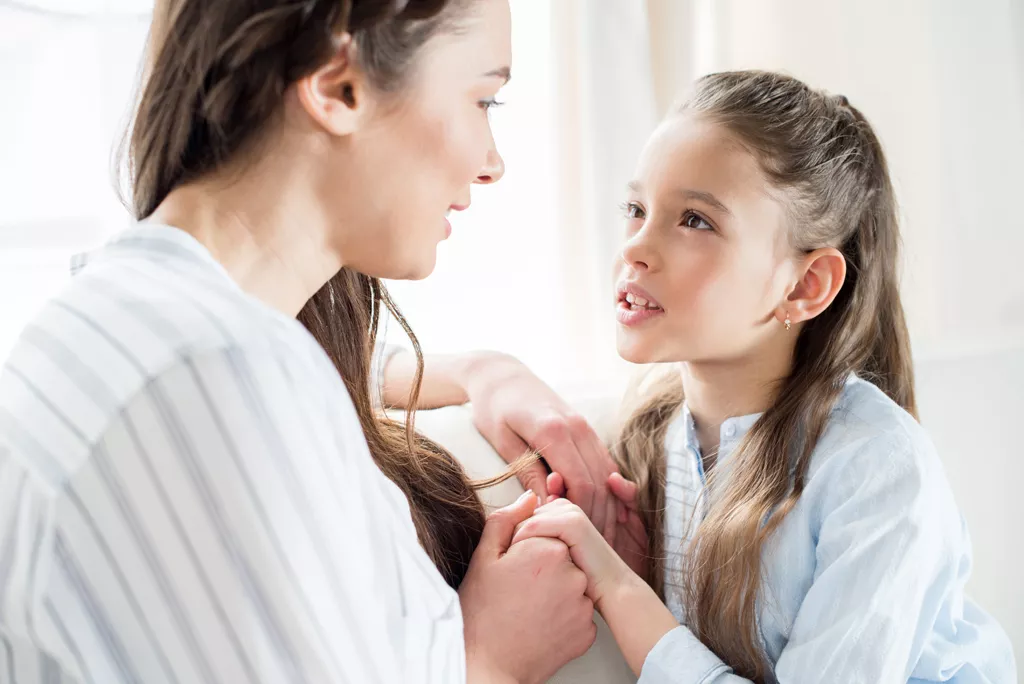Unfortunately, some children will experience trauma at some point in their lives whether it be within the family or outside. Trauma can range from things such as parental separation or divorce, loss of a family member, or to other traumatic experiences which may have happened to them individually.
As children are still developing, it is difficult to know what to say to them, and to know how these situations may affect them not only in the short term, but in the long term too. Life-changing events can cause children to become distressed and unfocused, which can make it difficult to maintain a normal day-to-day routine.
Every child is unique, meaning that each will cope with events completely differently, in their own way. It is essential to note the changes in your child’s behaviour or a child that you care for. Their response to trauma can be very telling in their changes in behaviour and can be a way of telling you that something is wrong.
As previously mentioned, reactions can vary differently on the individual. Behaviour after trauma can depend on a child’s resilience and their past dealings with stress, their personality, their age and stage of development.
The five most common ways children deal with trauma emotionally are:
- Obvious signs of distress: Here there will be frequent crying and open behaviours of being upset or angry
- Passive behaviour: This is where the child will be more subdued and find it harder to engage in conversation. They will have little to no interest in play activities.
- Showing persistent displays of fear: The child acts afraid, often when there is nothing happening, or by telling you they are scared something will happen.
- Taking personal responsibility: After traumatic events, sometimes children react by blaming themselves for what has happened.
- Psychological regression: Trauma can trigger a child into acting like their younger self. For instance, wetting themselves, baby talk or thumb sucking.
There are ways to help children through trauma:
Offering reassurance: Make sure to offer reassurance, ensuring that they are safe and that everything will be alright.
Comfort through physical gestures: Young children often associate physical gestures like hugs with comfort and safety. By offering these, it can be more reassuring than words alone.
Ask and listen: Communicate with children who have experienced trauma. Allow them to voice any concerns and upsets and give them a chance to talk about their trauma.
Take these concerns into account: If a child voices their concerns about the situation, and believes it is their fault, for example, a divorce, make sure to make them know they are taken seriously.
Show empathy: Let the child know you understand their concerns by saying things such as “I can see that this is difficult for you”.
Focus on the positives: Despite whatever trauma the child has gone through, it is important to reassure them that there are positives to focus on, whether it be in the present or future.
Monitor progress and behaviours: Keep a close eye on the child after they have experienced trauma and look out for any signs that they are not coping well / experiencing upset.
If you are looking for psychological help or therapy for a child which has experienced trauma, there are plenty of organisations which have the knowledge and experience to treat each individual effectively. Organisations such as Meadows Psychology Service provide psychological assessments and therapy for children who have experienced complex trauma and can offer full support.


